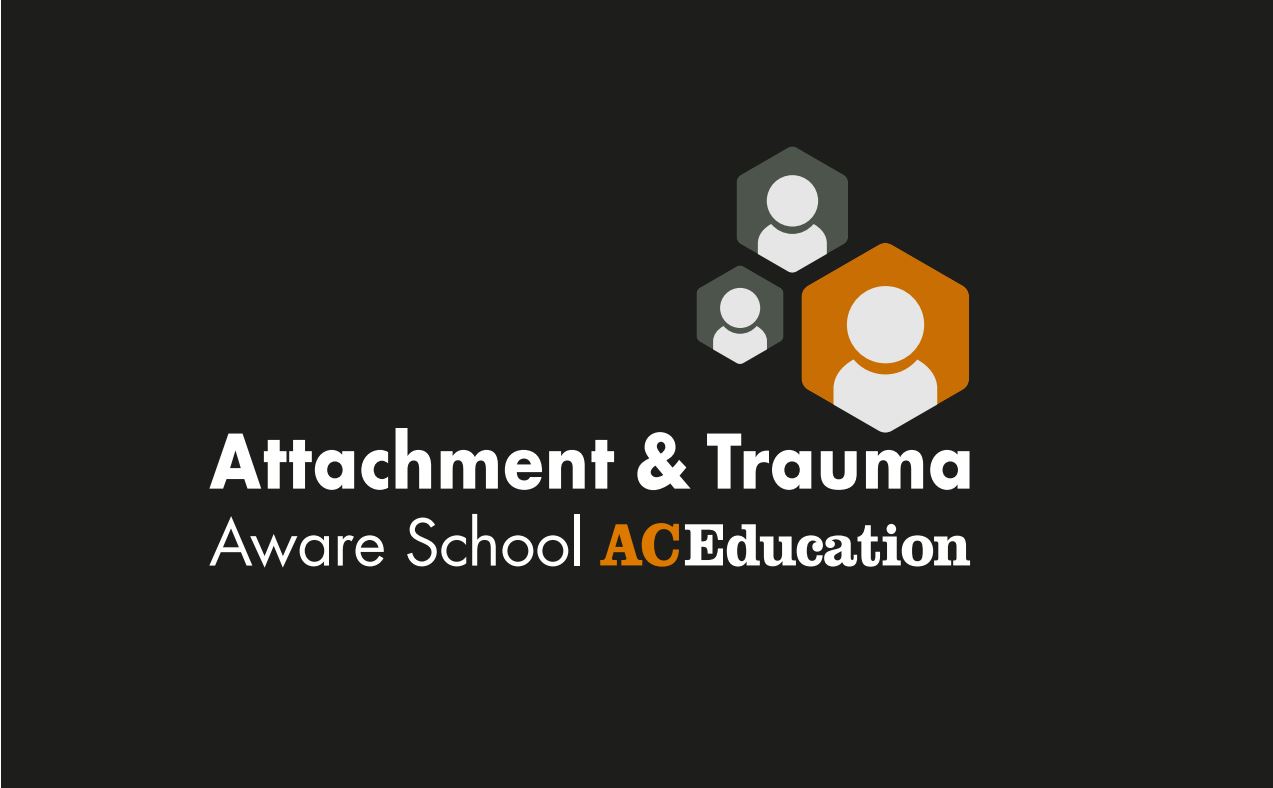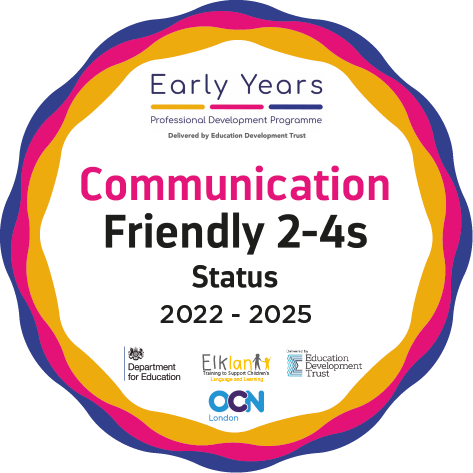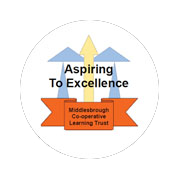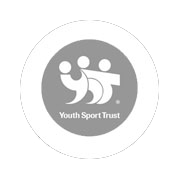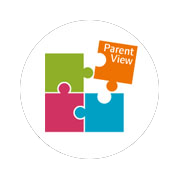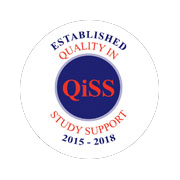SEND: SEN Provision
Statement of Intent for supporting Equality
At Abingdon Primary School we are committed to equality. We aim for every pupil to fulfil their potential no matter what his/her background or personal circumstances.
How do we support children with SEND at Abingdon Primary?
Children learn and develop in different ways. Teachers in school recognise this and use different teaching styles, resources and plan different levels of work in the classroom to cater for the various ways children learn.
However, many children, at some time in their school life, need extra help and it is the role of the SENCO to work with children, parents and staff in school to make sure that this extra support is provided.
A special educational need can be a number of different things. For example, your child may be having problems with reading, maths or behaviour, which school can help with by putting extra support in at school and by working in partnership with yourself. It may also be due to a disability which makes it harder for a child to use the same educational facilities that the school provides for the majority of children. For some children this may be a temporary difficulty, while others may have a long term need for special help.
The Role of the Class teacher:
- Changing the way activities are planned and delivered
- Matching activities to the ability / need of each child (differentiation)
- Adapting learning materials such as equipment and activities to suit each child’s needs
- Offer small group support to promote skills identified in the child’s SEN Support Plan.
The Role of the SENCO:
Our teachers/teaching assistants work in partnership with parents and the SENCO to find ways to support each child with their needs, including giving parents ideas on how to help their child at home.
- Ensure the right support is put in place for each child.
- Advise other teachers and teaching assistants on how to help each child and ensure they have an up to date Individual Education Plan detailing how their needs will be met in school.
- Arrange training for staff so they understand each child’s needs.
- Work closely with parents on a regular basis to talk with them about their child’s needs and listen to any ideas or concerns they might have.
- Work with other professionals who may be able to help individual children.
What is an Education, Health Care Plan? (EHC)
- If a child’s needs are very complex and/or severe we may ask the Local Authority to carry out an Education, Health and Care Assessment:
- This is a very detailed assessment of each child’s needs. Parents or carers, the school and a range of professionals will all be asked to provide written reports.
- At the end of the assessment phase the Local Authority will consider these reports to help decide whether or not to issue an Education, Health and Care Plan for the child.
- Parents/carers also have the right to ask the Local Authority to carry out this assessment although it is usually best if you can do this with the support of the school.
- Education, Health and Care Assessment is only appropriate for a small number of children. Mrs Ingledew will be able to advise you about this.
How do we identify and assess children with SEN?
At Abingdon Primary School we consult with a wide range of agencies and partnerships to ensure the pastoral, medical and social needs of SEND children are met. We use the following strategies:
- Ensuring that all children attending Abingdon Primary School receive provision that maximises their enjoyment and achievement is central to all we offer. The SEND children attending our school are aged 4-11 years so consulting with them to seek their views about how we are meeting their needs has to be age appropriate.
- Pupil assessment is an on-going process and forms an essential part of teaching and is designed to promote the raising of achievement. Pupil assessments provide important information for pupil review and support meetings and is also used to gather evidence for referral to external support agencies/organisations.
- Have regular meetings and discussions with parents about what we have planned for their child.
- Make close observations during school to identify the types of activities and experiences that most engage each child so these can be developed further and be used to inform future planning – this occurs the most in EYFS and KS1.
- Involve SEND children with planning their own activities and encouraging them to share what they would like to learn. They are also encouraged to choose their own challenges during lessons.
- Extend any resources that they show a preference for.
- Most importantly, ensure the children with SEND are happy, motivated and make expected levels of progress throughout their time in school.



